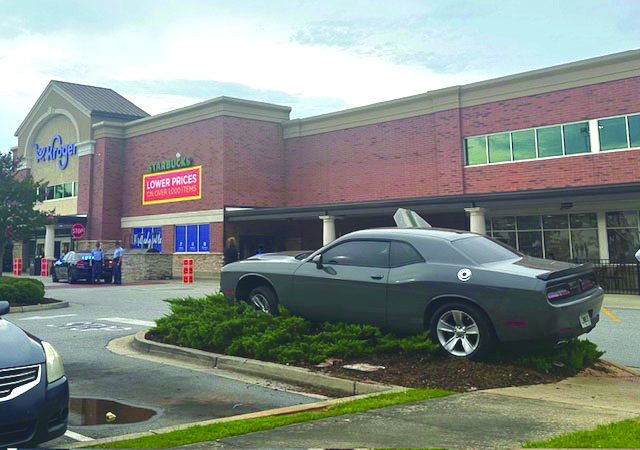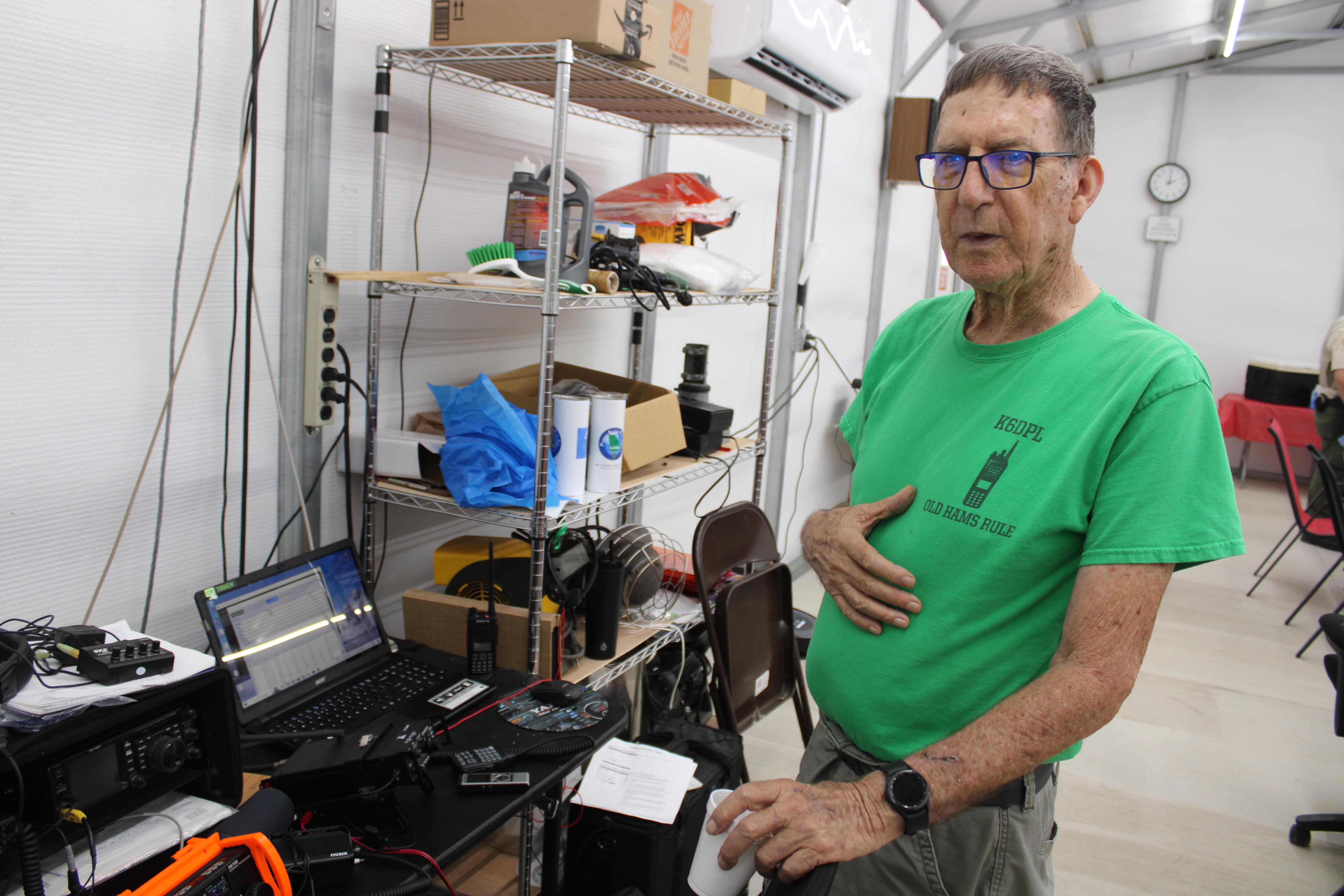EDITORIAL: Senate Bill 260 not the answer for CSHLRA
Published 1:00 pm Friday, March 21, 2025

- Editorial
Senate Bill 260, the legislation that if approved would dramatically reshape the board that oversees properties on the former Central State Hospital campus, has made it out of committee and is on its way to the House floor for a vote.
Weeks of conversations on the future of what is, still for now, the Central State Hospital Local Redevelopment Authority, have played out publicly, culminating at this point in Tuesday’s House committee hearing.
But what hasn’t transpired is a local meeting of the minds on the CSHLRA’s future.
Trending
We likely wouldn’t be here had that conversation taken place.
Instead, it’s likely that “local” will become subjective as far as the governing board goes. Although state Sen. Rick Williams and others contend that there will still be local input on who serves on the revamped board, if this legislation is approved, that will always be subject to change.
There are no guarantees in politics. The passage of this legislation will surrender local control of this board because there is no way to ensure that future leaders in state power will consider local input when making their board appointments.
We don’t know who will hold seats in office next year or next term, let alone 10 years from now. There are no assurances.
Although there are other facets of SB 260, the crux of the bill is local control. Most of the other requirements included in the bill can be undertaken without state legislation. A stipend for board members and shrinking the size of the board are both options that should strongly be considered to help assuage the recent board dysfunction.
We also agree that placing the Authority under the auspices of a state department could help with oversight if that is a primary concern.
Trending
We understand that it may be challenging to find locals willing to serve on the Authority and a stipend may help in that regard. But, ask any sitting board member of any existing local board and they will likely say that it’s a challenge to get volunteers for practically every board or committee. The Central State board is not an anomaly in that regard.
Only four of the nine CSHLRA seats are city and county appointments. Ironically, with just one exception, the current open seats on the CSHLRA are state appointments that have been left unfilled. If state oversight is needed to ensure that the board has members, then why have the state seats not been filled?
When the Central State Hospital campus was shuttered more than a decade ago, the state left campus buildings to fall into disrepair. The CSHLRA board was established through the work and vision of local and state leaders working together to find a solution. The Authority went from relying heavily on local government funding to becoming self-sustaining financially. We think even CSHLRA board members would agree that operations have not always been perfect, but we don’t feel that we should throw the baby out with the bath water, as the old expression goes.
We urge legislators not to make this decision in haste.
City and county officials, the CSHLRA, and our state delegation should instead do what they should have done several weeks ago — sit down at the table together and clarify the vision for the Authority’s future. Then, based on that conversation, if legislation is necessary, proceed next session.
City and county leaders, and the Milledgeville and Baldwin County community at large, have a vested interest in the successes and failures on the former CSH campus. The wins and losses on the former campus impact the local tax base, which affects the day-to-day decisions that City Council and the county commission must make. They deserve a say for that reason alone.
City and county leaders can suggest or recommend who to appoint to the revamped board, but there is simply no way to ensure that their voices will be heard.
The passage of SB 260 means waving the white flag on local input and that should not be accepted.





